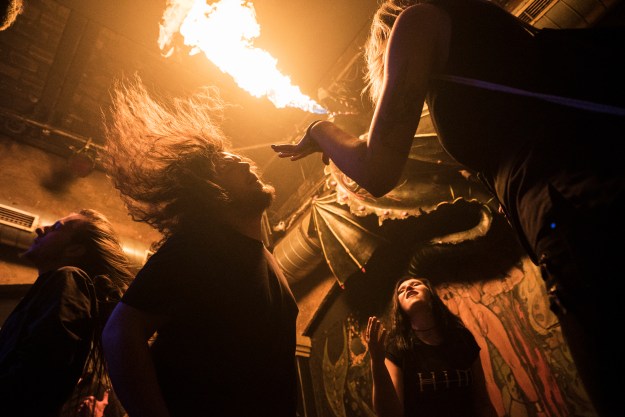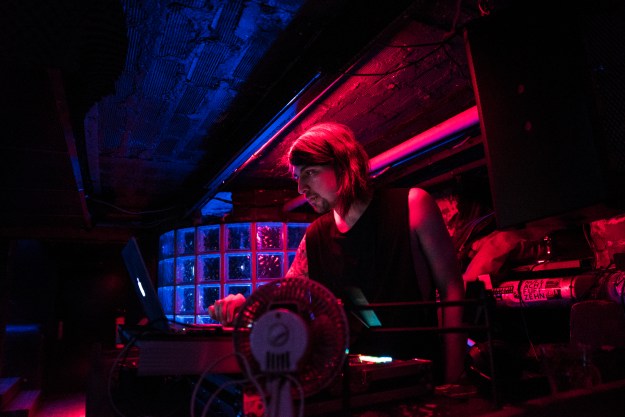Synopsis: Anthony Bourdain travels to the multicultural, hedonistic city of Berlin, “a place where people go to find what they want, need, or can’t find back home.” He explores the identity of Germany’s capital, which continues to evolve years after the devastation and paranoia of World War II and the Cold War. In a “city of ghosts,” Bourdain discovers that “memories and new ideas live side by side.”
[On boiled, brined pig knuckle]: “I f***ing love this! This is what I come to Germany for.”
On Berlin’s evolving identity:
- “‘Berlin is never Berlin,’ they say. Pounded into rubble by Allied bombs and Russian artillery during World War II, surrounded and then hacked into during the Cold War, then reunited and reborn, Berlin is a city of ghosts, an ever-evolving space where memories and new ideas live side by side.”
- “Berlin has always had a darkness that’s hidden in plain sight.”
On Berlin’s nightlife:
- “Club culture is the pride of Berliners and draws millions of thrill seekers from around the world. It is notoriously difficult to navigate, however, and finding the right place with the right mix that will actually let you in the door can be a challenge.”
- “Even as the Wall fell, techno music expressed something that needed to be expressed. Dance music, ecstasy, and mammoth nightclubs exploded across a reunited Berlin.”


On Berlin’s heavy, meat-centric cuisine:
- “No human could eat all of this.”
- [On doner kebab]: “This is classic drunk food: It’s greasy, it’s messy, it’s wet, it’s crispy, it’s got it all.”
Miron Zownir: “You can create here independently, afford your little space, and do whatever the f*** you want to do.”
Guests weigh in:
- Ellen Allien (DJ): “I think after the Second World War everything was burned here. There was nothing other than broken stones. Everything was gone, all the history, so people started building up the new Berlin. You have the feeling that you have to help to build something here. I’m a part of it. If I go to Paris, I won’t think I’m a part of Paris.”
- Bourdain: “Germany is cool with Come to our country and get high and party?” Else Edelstahl (event promoter): “It’s not Germany, it’s Berlin. And in Berlin we say, ‘Berlin is not Germany,’ you know.”
- Le Pustra (performance artist): “People come here for the forbidden—it’s captured people’s imaginations. People come here in search of that ‘divine decadence.’”
- Bourdain: “Postwar, Berlin was in ruins. When were the good times?” Jim Rakete: “I have a very complex answer to that and that is, The best times are now. We have all the freedoms we want.”
- Bourdain: “Berlin is world-famous for its club scene. Why here?” Frank Künster (legendary bouncer): “I think it’s because we’re the last liberal city—real liberal. The people can afford being here, it’s cheap to drink, it’s cheap to live, it’s cheap to eat. People come here because of the freedom to party, to get wasted as hard possible.”